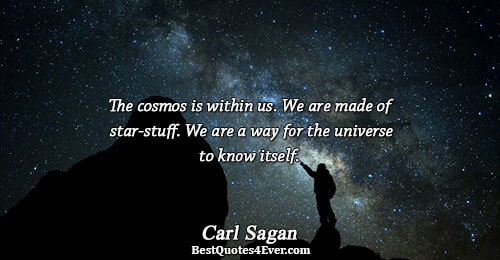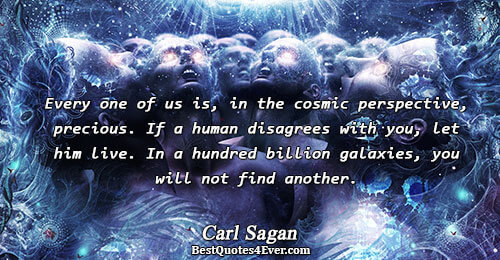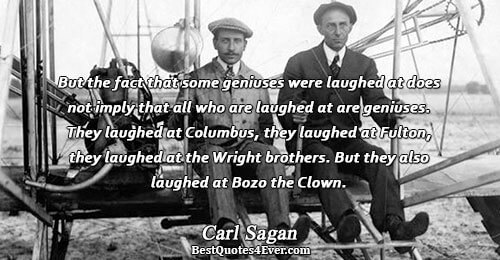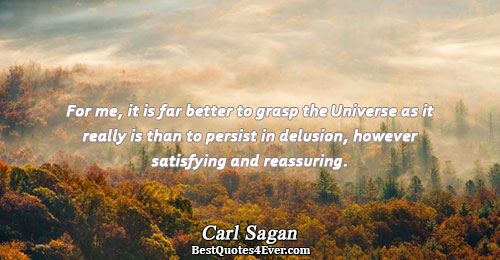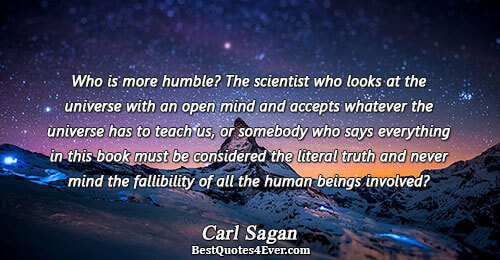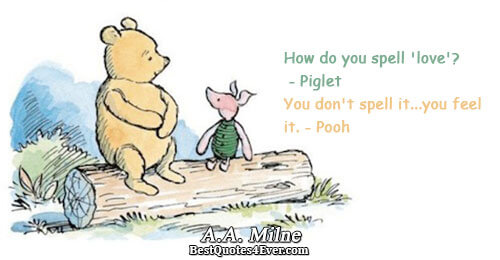Biography
Type: American astronomer, cosmologist, astrophysicist, astrobiologist, author, science popularize
Born: November 9, 1934, Brooklyn, New York, U.S.
Died: 20, 1996 (aged 62), Seattle, Washington%
Carl Sagan was the David Duncan Professor of Astronomy and Space Sciences and Director of the Laboratory for Planetary Studies at Cornell University. He played a leading role in the American space program since its inception. He was a consultant and adviser to NASA since the 1950's, briefed the Apollo astronauts before their flights to the Moon, and was an experimenter on the Mariner, Viking, Voyager, and Galileo expeditions to the planets. He helped solve the mysteries of the high temperatures of Venus (answer: massive greenhouse effect), the seasonal changes on Mars (answer: windblown dust), and the reddish haze of Titan (answer: complex organic molecules).
For his work, Dr. Sagan received the NASA medals for Exceptional Scientific Achievement and (twice) for Distinguished Public Service, as well as the NASA Apollo Achievement Award. Asteroid 2709 Sagan is named after him.
He was also awarded the John F. Kennedy Astronautics Award of the American Astronautical Society, the Explorers Club 75th Anniversary Award, the Konstantin Tsiolkovsky Medal of the Soviet Cosmonauts Federation, and the Masursky Award of the American Astronomical Society, ("for his extraordinary contributions to the development of planetary science…As a scientist trained in both astronomy and biology, Dr. Sagan has made seminal contributions to the study of planetary atmospheres, planetary surfaces, the history of the Earth, and exobiology. Many of the most productive planetary scientists working today are his present and former students and associates").
He was also a recipient of the Public Welfare Medal, the highest award of the National Academy of Sciences (for "distinguished contributions in the application of science to the public welfare…Carl Sagan has been enormously successful in communicating the wonder and importance of science. His ability to capture the imagination of millions and to explain difficult concepts in understandable terms is a magnificent achievement").

